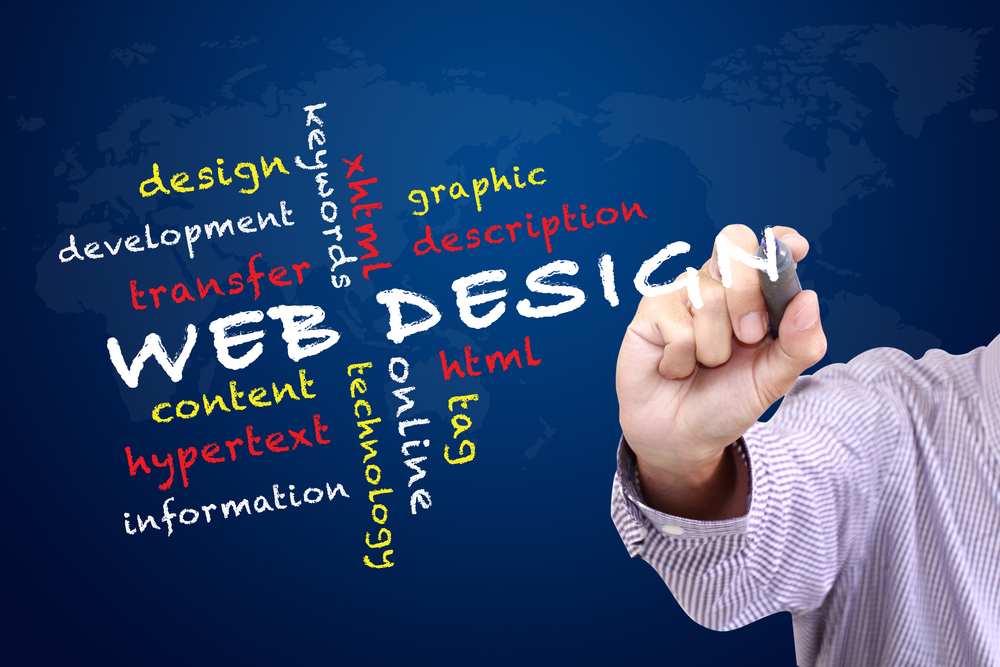Milieu of initiatives is being incorporated in the arena of web designing to make it attractive and appealing to the users. 3D effect is another such step, when integratedwith the web page creates illusion and grabs attention of the users. Conveying information through the website is much faster with the use of 3D effects and animation than with static communication. Moving images persuades the users to go through the website and have a long lasting effect on the psyche of the users. With the use of vibrant 3D images, you can retain the attention of the users to the site for a longer span.
Advantage of using 3D
Often this advanced technology is used to promote a new product or services. This is used as a dynamic tool for web designing as it provides a good user experience. The exemplary images make the experience of the users interactive in nature. With the use of the 3D effect, you can generate traffic to your website. Even for the e-commerce websites, the use of this technology can enhance the visual representation in the site. While implementing this technology, make sure that focus is on the content or information displayed on the site.

Use of 3D Graphics and Effects
Use of the three-dimensional effects or images, you can differentiate between various elements that are used in the website. Various modes of differentiation as drop-shadows, shadowing, highlighting are seamless and effective with the help of these effects. 3D can be used to create multi-layered environment for the website. Two important aspects that you need to consider while using the three-dimensional effects are illusion and light effect. If you are creating an illusion, the users need to believe that what they are seeing might be real. In case of physical illusion, there should be consistency.
Methods of Creating 3D Effect
There are a number of ways through which, you can use the three-dimensional graphics in the markup language. Web designers use various HLML5 tags and CSS properties. As a result,there is a shift towards the use of accessible markup and semantic. An important innovation in this field is transformations, animation and transition based on CSS. If you are planning to implement three-dimensional effects and graphics in the website then,you can also opt for CSS.It is also considered to be the best tool for three-dimensional effects as transition of pages, 3D slideshows and other such effects.
Create Engaging UI
For the simple user interfaces, the CSS is effective but for the complex ones, you can also use WebGL that helps in creating textures, models and shadows. This provides endless scope to the designers for creating 3D effects. With WebGL, you can create an engaging UI with the help of interactive visual effects and interactive graphics. GIF and Flash is also used for creating three-dimensional images. Many of the web designers now opt for the three-dimensional effects more than the two-dimensional ones. There are few aspects that you need to consider tocreate a good website. Responsive UI and loading time are few of the factors that you need to consider for determining the effectiveness
Formation of 3D Cubes
You will witness a number of cubes across the net and if you want you can create a three-dimensional cube for your website. With the use of rotations and CSS transforms you can create various effects for your website. The cube has the ability to rotate three sixty degrees and attracts the attention of the user. If you load the cube once, the same will appear in all the web pages. The cube will rotate as and when new pictures appear.
Author Bio: Hugh Gayle is a blogger and he writes about the different aspects of web designing. In his recent blog, he wrote the use of three-dimensional effects in the websites.





